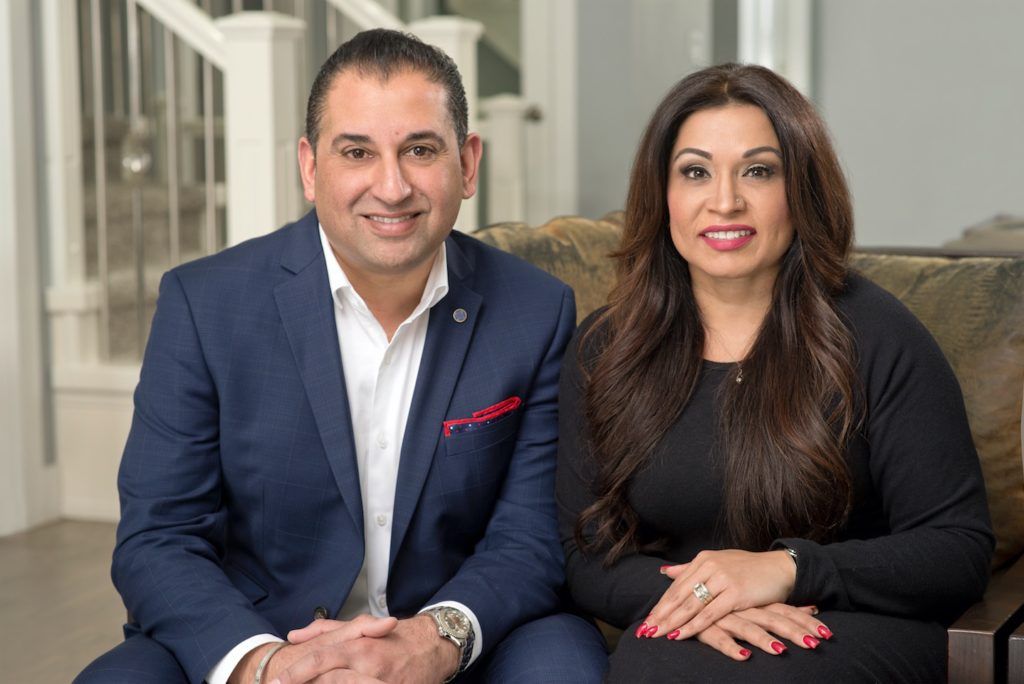What You Can Expect When Locking in a Variable Rate
If you have a variable rate mortgage, and recent economic news has you thinking about locking into a fixed rate, here is what you can expect will happen.
Firstly, your lender will be very happy as they will now make considerably more money off you. Not only will your interest rate increase, but the cost of breaking your mortgage will increase as well.
Now, each lender has a different way of handling this process, but it’s very safe to say that regardless of which lender you are with, you will end up paying more money in interest, and potentially way more money if you have to break your mortgage.
Higher Rates
Fixed rates are always higher than variable rates. If you’re a variable rate mortgage holder, this is most likely the reason you went variable in the first place. The perception is that fixed rates are somewhat “safe” while variable rates are “uncertain”. It is true, as the variable rate is tied to prime, it can increase (or decrease) within your term. However, there are controls in place in Canada to ensure that rates don’t take a roller coaster ride. As the Bank of Canada has scheduled rate announcements, 8 times per year, and they rarely move more than 0.25% per move, it’s impossible for your variable rate to double overnight.
Increased Penalty
Obviously each lender has a different way of calculating the cost to break a mortgage, with the Big Banks being absolutely the worst, but a general rule of thumb is that breaking a variable rate mortgage will cost roughly 3 months interest or roughly 0.5% of the total mortgage balance, while breaking a 5 year fixed rate mortgage will roughly cost 4% of the total mortgage balance. So on a $500k mortgage balance, the cost to break your variable rate would be roughly $2500, while the cost to break your fixed rate mortgage could be as high as $20,000, eight times more.
Reasons People Break Mortgages
Did you know that 6 out of 10 Canadians will break their current mortgage at an average of 38 months? As we’ve discussed, locking in your variable rate to a fixed rate will increase the cost of breaking your mortgage. Despite our best intentions, sometimes life happens, and we need flexibility.
So here is a list of potential reasons you might need to break your mortgage.
- Sale of your home (you have to move).
- Purchase of a new home.
- Access equity from your home.
- Refinance your home to pay off consumer debt.
- Refinance your home to fund a new business.
- Because you got married (you combine assets and want to live together in a new home)
- Because you got divorced. (you need to split up your assets and access the equity in your home)
- Because you (or someone close to you) got sick.
- Because you lost your job or because you got a new one.
- Because you got relocated for work.
- You want to remove someone from the title.
- You want to pay off your mortgage before the maturity date.
Essentially, locking your variable rate mortgage into a fixed rate is voluntarily paying more interest to the bank, while giving up some of the flexibility to break your mortgage.
If you would like to discuss your personal financial situation, regardless if you have a mortgage or not, we’d love to talk with you. Please contact us anytime!
Share
Sign up to to our newsletter to hear weekly updates on market news, timely buyer/seller tips, and up to date rates





